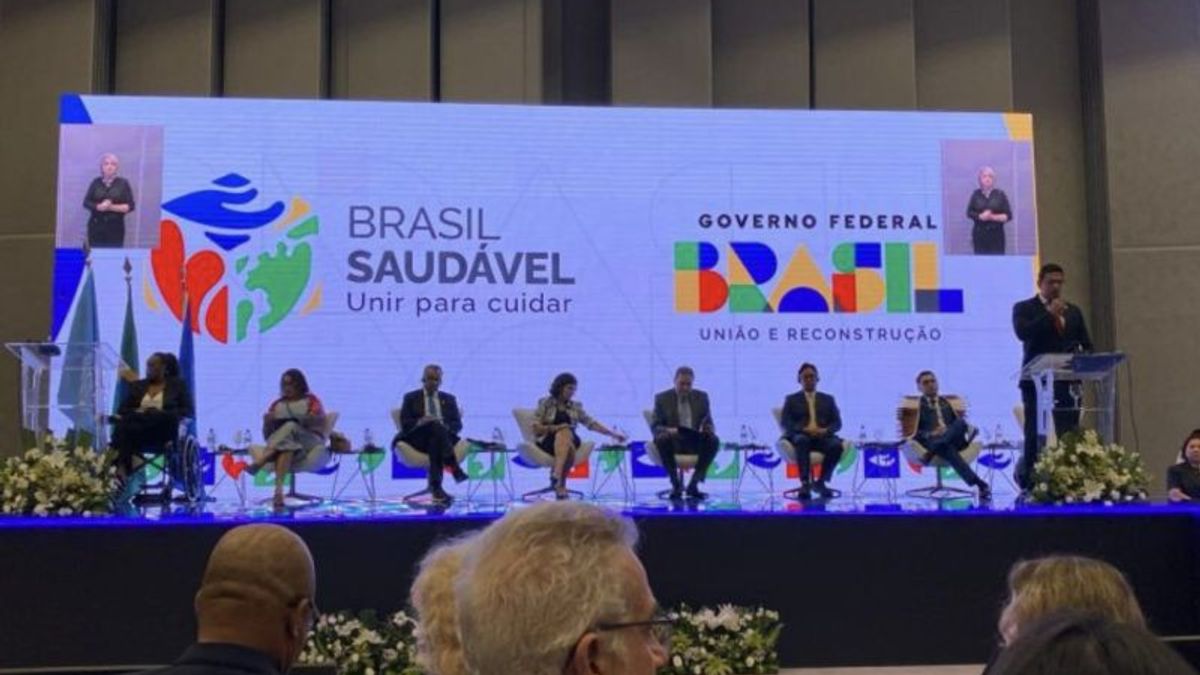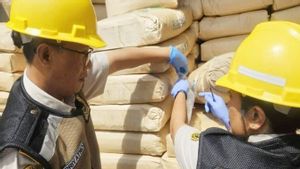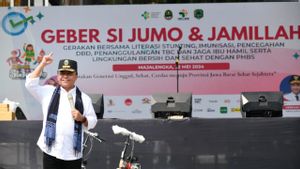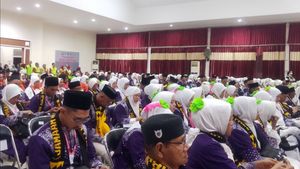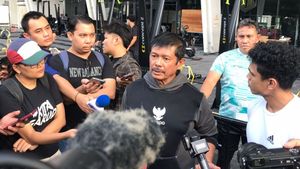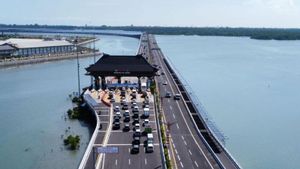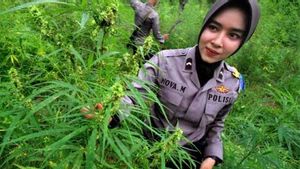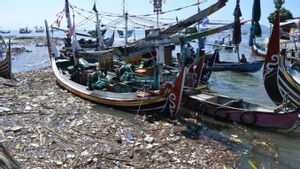Minister of Health Budi Gunadi Sadikin shared Indonesia's experience in an effort to detect early cases of tuberculosis (TBC) when attending the agenda of the 37th TB Partnership (STP) Board Meeting in Brasilia, Brazil.
"Indonesia previously could only detect 400-500 thousand TB cases, even down to around 300 thousand during the COVID-19 pandemic," said Budi Gunadi Sadikin through the Ministry of Health's Communications and Public Services Bureau, quoted by ANTARA, Sunday, February 11.
He said the TB early detection system in Indonesia was back to normal in the endemic era where the number of detectable cases reached 700 thousand cases as of 2022 and 800 thousand cases in 2023.
Budi said, Indonesia is committed to increasing the TB early detection system to reach 900 thousand by 2024 from the estimated number of TB cases in Indonesia of around 1 million cases, so that all patients can access more optimal treatment.
On that occasion, Budi also said that Indonesia as the second global burden for TB cases was committed to providing shorter TB treatment, strengthening collaboration with communities, and innovating financing for TB services.
The Minister of Health said that TB elimination will have a positive impact on economic growth in Indonesia. For this reason, the Indonesian Ministry of Health collaborates with the public and health cadres to screen 2.2 million high-risk populations of tuberculosis.
"We involve the community to form the TBC Army, a trained community for TB survivors who help detect and monitor multidrug-resistant tuberculosis patients," he said.
Multidrug-resistant (MDR) tuberculosis is a type of tuberculosis that is immune to the two most powerful antituberculosis drugs. This means that these drugs do not work to kill TB bacteria in the patient's body.
Furthermore, Indonesia also encourages innovation in tuberculosis diagnosis by producing five PCR-based TB detection tools, which can be utilized by 1,000 PCR laboratories that already exist in Indonesia.
"We are also accelerating the implementation of precision medicine by establishing biomedical science and genome initiatives that include genome sequencing on the MDR of TB samples to increase surveillance," he said.
The Minister of Health added that Indonesia also ensures that TB's treatment can be accessed by everyone. Indonesia is one of the first countries in Asia to launch differentiquilines, pretomanids, linezolids, and moxifloksasin (BPAL and BPalM).
This treatment is known as a short-term oral regime for drug resistant tuberculosis (TBC RO). This regulation helps shorten TBC RO's short-term treatment to six months from 9-11 months original and uses injections.
관련 항목:
In addition, Indonesia supports operational research on the potential for shorter treatment regimes for Drug Sensitive Tuberculosis (TBC SO).
If TBC RO requires a more complex treatment approach because the bacteria that cause TBC Mycobacterium tuberculosis are resistant to certain drugs, TBC SO can be treated with standard regimes. However, the current duration of TBC SO treatment is still around 6-9 months.
The English, Chinese, Japanese, Arabic, and French versions are automatically generated by the AI. So there may still be inaccuracies in translating, please always see Indonesian as our main language. (system supported by DigitalSiber.id)
